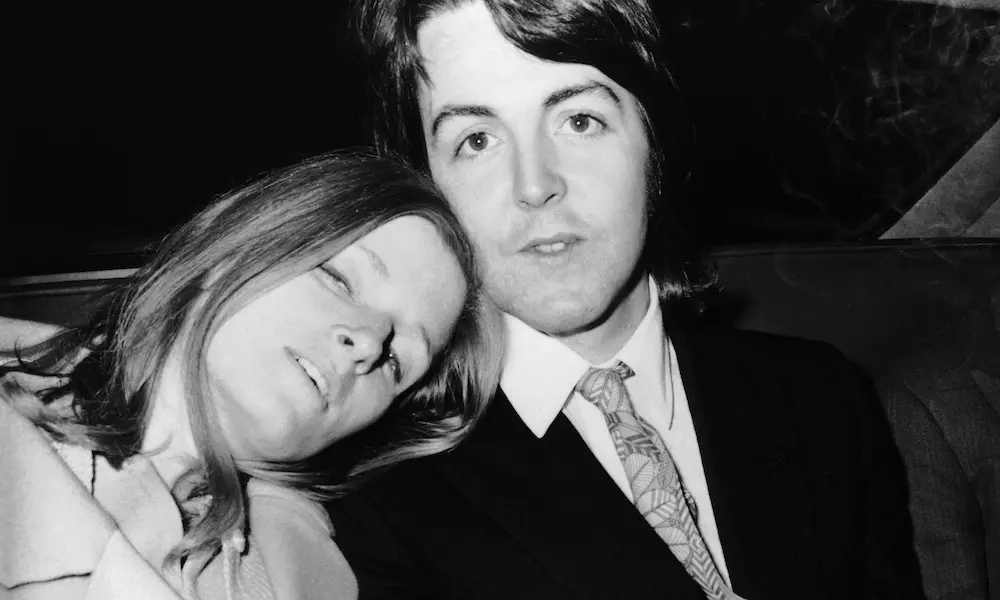When it comes to The Beatles, finding flaws in their music isn’t easy. Sure, if you’ve heard the same album a thousand times, a few moments might feel less magical—but the band’s studio years were never just about writing catchy songs. They were experimenting, pushing boundaries, and often creating art that went far beyond pop music. Still, even Paul McCartney admitted that not every idea was perfect.
John Lennon often shrugged off parts of their work, while McCartney leaned toward perfectionism, sometimes driving everyone crazy in pursuit of the “right” take. His high standards weren’t always easy on the others. George Harrison and Ringo Starr famously grew frustrated with Paul’s endless fine-tuning on “Maxwell’s Silver Hammer.” And when Harrison brought gems like “While My Guitar Gently Weeps,” he had to call in Eric Clapton just to get the rest of the band to take notice.
Harrison was different from Lennon and McCartney. He didn’t have a writing partner to bounce ideas off, which made his early songs harder to develop. But over time, that independence gave his music a unique voice. He leaned heavily on Indian influences, playing with unusual rhythms and instruments, which shaped classics like “Here Comes the Sun.”
Not everyone loved his direction, though. When The Beatles made Sgt. Pepper’s Lonely Hearts Club Band, Harrison wasn’t fond of the concept. Yet even his bandmates had to admit that “Within You Without You” stood out. Its fusion of Indian spirituality with Western orchestration created one of the album’s most powerful moments—especially during the mesmerizing mix of strings, sitars, and tablas.
McCartney admired Harrison’s growth but admitted that the laughter added at the end of the song weakened its mood. “George wanted it,” Paul said later, “but it kind of spoiled that serious Eastern atmosphere.” Even so, the laughter gave the track a touch of playfulness, keeping it in line with the album’s theatrical “fictional band” feel.
Harrison may have downplayed his own work at the time, but that modesty didn’t last. By the end of the 1960s, his songwriting was blossoming. On Abbey Road and later All Things Must Pass, he proved that he wasn’t just the “quiet Beatle”—he had become every bit as powerful a songwriter as Lennon and McCartney, and in some moments, he even surpassed them.

